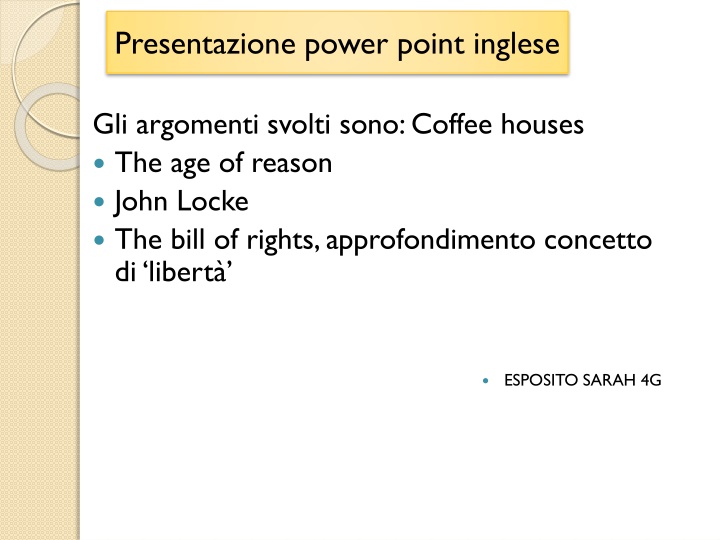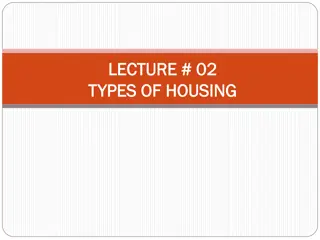The Cultural Evolution from Coffee Houses to the Internet in the Age of Reason
The presentation explores the transition from coffee houses as hubs of intellectual exchange to the internet for accessing news and discussions. It delves into the Age of Reason, discussing figures like John Locke and the concepts of civility, moderation, and the role of women in cultural life.
Download Presentation

Please find below an Image/Link to download the presentation.
The content on the website is provided AS IS for your information and personal use only. It may not be sold, licensed, or shared on other websites without obtaining consent from the author.If you encounter any issues during the download, it is possible that the publisher has removed the file from their server.
You are allowed to download the files provided on this website for personal or commercial use, subject to the condition that they are used lawfully. All files are the property of their respective owners.
The content on the website is provided AS IS for your information and personal use only. It may not be sold, licensed, or shared on other websites without obtaining consent from the author.
E N D
Presentation Transcript
Presentazione power point inglese Gli argomenti svolti sono: Coffee houses The age of reason John Locke The bill of rights, approfondimento concetto di libert ESPOSITO SARAH 4G
FROM COFFEE HOUSES TO THE INTERNET The coffee houses that sprang up across Europe ( starting around 1650. ) Coffee houses were centres of scientific education, literary and philosophical speculation. Served as information exchanges for writers, politicians, businessmen and scientists. Coffee houses around the Royal Exchange were frequented by businessmen, around St James s and Westminster by politicians; those near St Paul s Cathedral by clergymen and theologians. Coffee houses were also popular in Paris, Venice and Amsterdam, was particularly notable in London. Where 82 coffee houses had been set up by 1663.
INTERNET If you want to know the latest business news, political gossip, or discuss. Today, the aswer in obvious: you log on the internet. There, you could read the latest pamphlets, news and gossip , or chat with like-minded people about literature or politics. Rumors, news and gossip were also carried between coffee houses by their patrons, and sometimes runners from one coffee house to another.
THE AGE OF REASON A golden age: it was called Augustan after the period of Roman history which had achieved political stability and power as well as a flourishing of the arts. The 3 Earl of Shaftesbury was the philosopher of politeness. In his work Characteristics of men . Men has an innate sense of what is right and wrong. An important moment in the making of modern England , cultural innovation and public debate. Rejection of extremism in all its forms: superstition, fanaticism, verbal violence.
Civility and moderation became the 18 century ideals. The figure of the gentleman is: - morality and fashion. - Simplicity and emotional authenticity. The counter-culture: a taste for manly sports such as boxing, racing and fox-hunting, important in rural social life.
THE ROLE OF WOMEN English women were more independently active in social and cultural life than women on the Continent. They visited friends, attended the theatres and coffee houses . Some began a writing career, like Aphra Behn. Who was a pioneer playwright and novalist. Women readers and writers influenced the rise of the novels. They did not want to read stories about heroes of the past but about ordinary people of their day.
A NEW VIEW OF THE NATURAL WORLD Enlightened thinker not only wanted to understand the world but to improve it. They rejected the Calvinist by God or the Davil. A new optimistic view of the natural world. rather than decayed and corrupted by sin nature meant universe beyond the earth . the response to nature changed it became emotional and moral.
THE ENGLISH GARDEN Was invented a carefully planned space freedom, semplicity and balance. English gardens were copied all over Europe, from Versailles to St Petesbrug. the common and uncultivated lands were enclosed the English landscape began to take its garden form.
EXPLORATIONS The new optimism and the blief that reason could discover new horizons encouraged exploration. Voyages to new lands were commissioned to Captain Cook by the Royal Society. They led to the encounter with native peoples uncorrupted by civilisation and the mapping of Australia, New Zealand and the Hawaiian Islands.
JOHN LOCKE John Locke was an early member of the Royal Society. He was an intellectual philosopher who studied and wrote works concerning philosophical, scientific and political ideas all his life in An Essey Concerning Human Understanding. Locke held knowledge as the product of sensory perceptions and experiences in the formation of ideas. He argued that the only knowledge man can have is a posterior one, since it is based on experience. Lock s conclusion was that knowledge is almost always the result of the senses perception combined with intuition. TABULA RASA: a metaphor to illustrate his idea of the human mind at birth. On this blank slate morals, values and beliefs are defined by environment and experience and not inherited.He maintained that ideas about the world come from the senses impressions and experiences although sensation alone does not necessarily establish knowledge.
LOCKS POLITICAL PHILOSOPHY Political governments exist by the consent of the people in order to protect their rights and promote the public good. Those who fail to do so can be opposed and replaced with new ones. In his political writings, Two Teatrises of Government Locke argued that men. Locke claimed that all people 1) have innate rights, such as the right to life, liberty and property, 2) are naturally free and equal. 3) Transfer some of their rights to the government to guarantee the enjoyment of their lives, liberty and property. Locke is also important defence of the right of revolution.
THE BILL OF RIGHTS With the rise to the throne of William of Orange and his wife Maria II Stuart, the long struggle fought by the English parliament in defense of the rights of subjects against the repeated attempts of the Stuarts to establish an absolutist regime ended. The name "Bill of Rights" literally indicates a bill of rights (rights), but the expression has come into use with the meaning of a declaration of rights and in English the alternative name is in fact common "Declaration of Rights". The original title of the document was An Act Declaring the Rights and Liberties of the Subject and Settling the Succession of the Crown. members of parliament asked the new rulers for a solemn commitment to respect the ancient freedoms they had fought for. It was then written by the British parliament in 1689, the Bill of Rights, a document considered one of the essentials of the constitutional system of the United Kingdom.
FREEDOM CONCEPT The Bill of Rights provided: Freedom of speech and discussion in Parliament. The king's ban on keeping a fixed army in peacetime without Parliament's consent. Refusal to submit to a possible Catholic king. That parliament should be frequently convened. That the king could not persecute his subjects for religious reasons. The king's ban on abolishing laws or imposing taxes without Parliament's consent. Free elections for Parliament.























